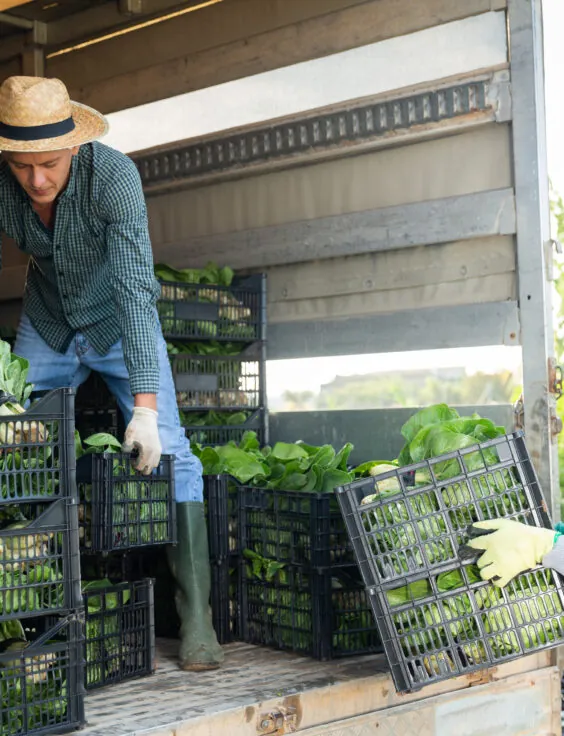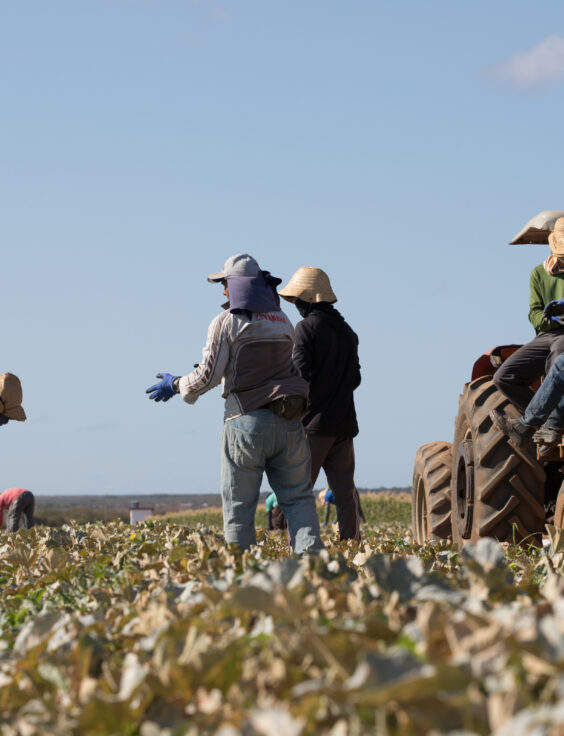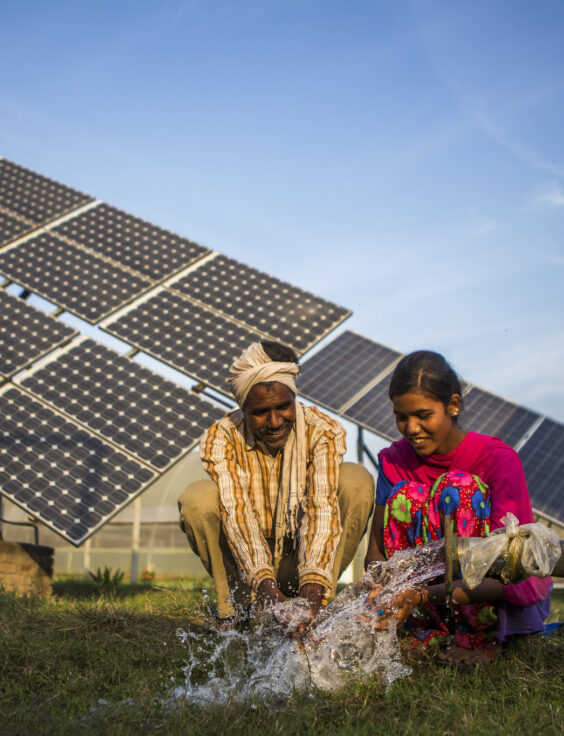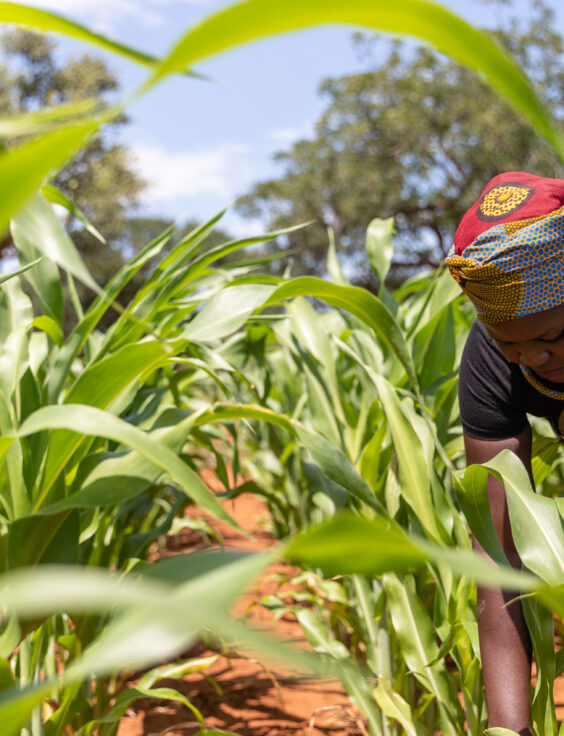Policy
By bringing together our respective disciplines, the Food System Economics Commission explores different pathways to food system transformation on a global scale. However, future pathways based on computer modeling alone are insufficient. The right policy interventions must also be identified. The commission therefore also reviews food and agricultural subsidies, taxes and regulations, their effectiveness, and the role of the political economy.



Policy Briefs

Food System Governance

The Dietary Shift

Brazil’s Food System Transformation

India’s Food System Transformation

Smart Scaling of Innovations to Transform Food Systems

